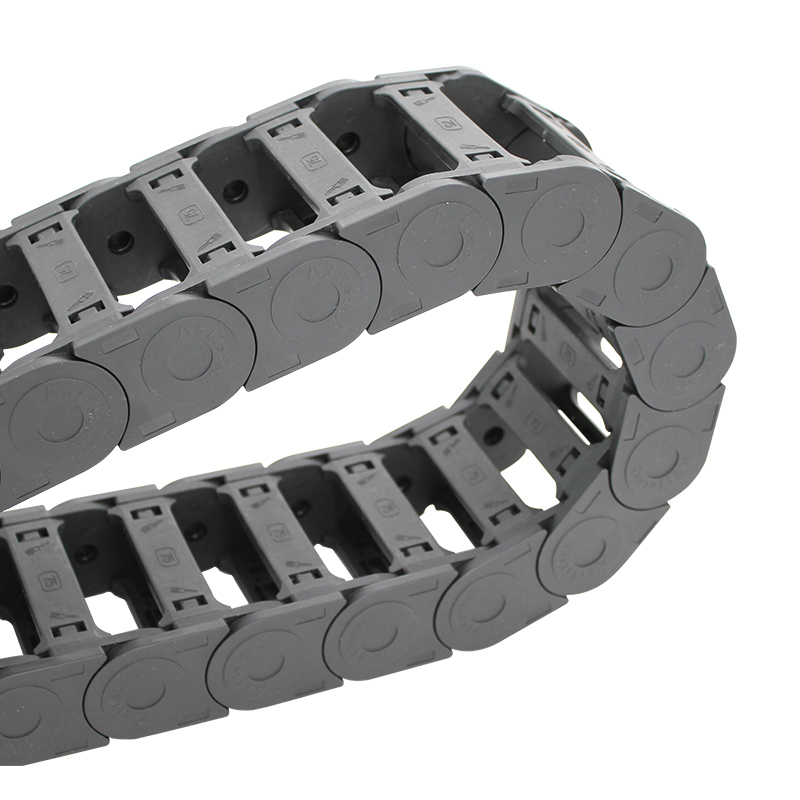Ball Screw Protective Bellows for Enhanced Durability and Performance in Machinery Applications
Understanding Ball Screw Bellows An Essential Component in Precision Machinery
In today's world of advanced machinery and automation, the need for precision and protection in mechanical components is paramount. One such crucial element, often underappreciated, is the ball screw bellow. This article delves into the significance of ball screw bellows, their construction, functionality, and the integral role they play in the longevity and efficiency of various applications.
What are Ball Screw Bellows?
Ball screw bellows are protective covers designed to shield the ball screws and their associated components from external contaminants such as dust, dirt, and moisture. These bellows are typically made from flexible materials like rubber, plastic, or fabric, enabling them to conform to the movements of the machinery while providing adequate coverage. The primary purpose of ball screw bellows is to prolong the life of the ball screw assembly by preventing debris accumulation, which can lead to premature wear and failure.
Importance of Ball Screw Bellows
1. Contaminant Protection Ball screws are precision-engineered components that transform rotary motion into linear motion. They are used extensively in CNC machines, robotics, and automated assembly lines. The presence of dirt and debris can result in significant wear, reducing precision and increasing the likelihood of mechanical failure. Ball screw bellows act as a first line of defense, ensuring that these critical components remain clean and operational.
2. Extended Lifespan Regular maintenance and replacement of machinery parts can be costly and time-consuming. By effectively protecting ball screws, bellows can significantly extend their lifespan, reducing the frequency of repairs and replacements. This translates to lower operational costs and increased productivity.
3. Noise Reduction Ball screws can generate noise during operation, especially when exposed to dirt and wear. Bellows help mitigate this problem by providing a cushion and isolating the moving parts, thereby reducing vibration and operational noise.
Design and Construction
Ball screw bellows come in various shapes and sizes, tailored to fit specific machinery requirements
. The design process involves careful consideration of several factors, including- Material Choice The choice of materials for bellows is critical for durability and flexibility. Common materials include neoprene, vinyl, and PVC, each offering varying degrees of resistance to oil, temperature, and environmental conditions.
ball screw bellows

- Seal Integrity Effective sealing is essential to ensure that no contaminants can penetrate the bellow cover. The design often incorporates features such as overlapping folds or reinforced seams to enhance sealing performance.
- Movement Accommodation As machinery operates, components undergo a range of motions, including linear and rotational movements. Ball screw bellows must be designed to accommodate these dynamic movements without tearing or affecting the smooth operation of the machinery.
Applications of Ball Screw Bellows
The applications of ball screw bellows are vast and span numerous industries
1. CNC Machinery In Computer Numerical Control (CNC) machines, ball screw bellows protect the ball screws that guide tooling systems, ensuring precision and reliability.
2. Robotics Robots frequently use ball screws for movement, where bellows provide protection against contaminants during operation in varied environments.
3. Medical Equipment In the medical field, where precision is critical, ball screw bellows safeguard sensitive components from contamination, thus ensuring the efficacy of medical devices.
4. Aerospace and Automotive These industries require components that can withstand extreme conditions. Ball screw bellows not only protect but also enhance the performance of systems used in aircraft and vehicles.
Conclusion
In summary, ball screw bellows are indispensable to the functionality and resilience of machinery utilizing ball screw systems. By offering protection against contaminants, extending component lifespan, and reducing noise, they play a critical role across various industries, including manufacturing, robotics, and healthcare. As we continue to push the boundaries of technology and automation, the importance of such protective components will only grow, making them a key consideration in the design and maintenance of precision machinery. Investing in high-quality ball screw bellows can lead to enhanced operational efficiency, reduced downtime, and ultimately, significant cost savings in the long run.








